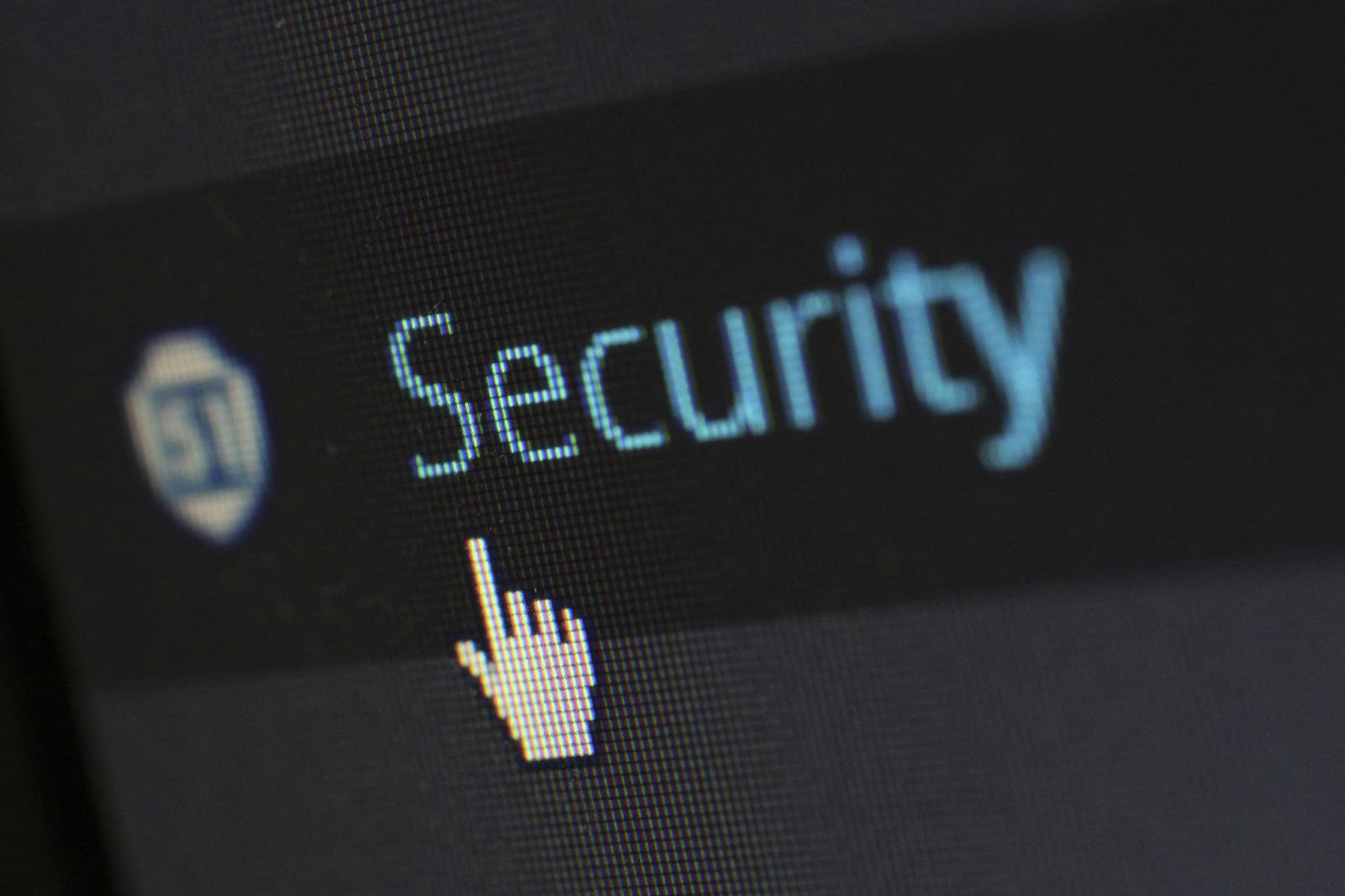In the modern world, where nearly every service has migrated to a digital environment, questions about privacy, verification, and user safety have become more pressing than ever. Signing up for a new social media platform, streaming service, or even a productivity tool often requires a barrage of personal details — from full names and addresses to copies of identification documents. While these practices are often justified in the name of security, they raise an important debate: how much verification should really be required online?
Interestingly, this debate extends across industries, including digital entertainment. In Poland, for example, payment innovations like Blik are changing how people interact with online platforms. Many users encounter mentions of a kasyno online blik, where this simple payment method is integrated to make transactions seamless.

At the same time, there are heated conversations about identity requirements, especially in contexts where platforms offer access without demanding documents. These examples highlight the tension between convenience, privacy, and security and open the door to a broader discussion about how society handles digital identity.
Why Verification Became the Norm
The internet of the 1990s was relatively anonymous. Users could browse, chat, and interact without sharing much more than a username. However, as online transactions and services grew more complex, platforms began requesting additional information. Ecommerce sites needed billing addresses, banks required identification for security, and governments introduced Know Your Customer (KYC) regulations to prevent fraud and money laundering.
Today, verification is practically unavoidable in many industries. A ride-sharing app asks for your phone number and location, while a cloud-storage service may ask for two-factor authentication tied to your email. In each case, verification is framed as protection: preventing account theft, ensuring compliance, or safeguarding against financial crime. It even became challenging to find a place like polskie kasyno bez weryfikacji.
Yet, this shift also brings challenges. The more data companies collect, the higher the stakes when that information is compromised. Global headlines are filled with data breaches that exposed millions of users’ personal details, raising questions about whether all this verification is truly worth the risk.
The Case for Minimal Verification
Critics argue that not every online activity should require an in-depth personal dossier. For services that don’t involve sensitive information, such as casual gaming, community forums, or certain entertainment platforms, it may be enough to provide only the most basic details.
Some companies are beginning to experiment with alternative approaches. Rather than asking for passport scans or utility bills, they rely on device fingerprinting, behavioral patterns, or one-time passwords. These methods strike a balance between security and privacy, allowing users to maintain some level of anonymity without exposing themselves to unnecessary data leaks.
As gambling expert Kuba Nowakowski from KasynaOnlinePolskie put it succinctly:
“Verification should always match the level of risk. For low-risk services, requiring someone’s ID card or tax number is excessive. Companies should remember that trust is built not only through compliance but also by respecting users’ right to privacy.”
This philosophy is gaining traction, particularly among younger generations who are more skeptical about how corporations handle personal data.
Balancing Privacy and Security
Of course, it’s not enough to simply advocate for minimal verification across the board. Some sectors genuinely require a higher level of scrutiny. Online banking, digital wallets, and investment platforms are prime examples where identity verification is critical. Without it, criminal networks could easily exploit loopholes to launder money or finance illicit activity.
The challenge lies in drawing the line between necessary and excessive. Should a small online shop require a scan of your driver’s license? Probably not. Should a financial app verify that its users aren’t engaging in fraud? Absolutely.
This balance is particularly delicate in regions like Europe, where GDPR places strict limits on how personal data can be collected and stored. Companies must navigate a fine line: collecting enough information to meet legal requirements but not so much that they risk infringing on consumer rights.
Cultural Perspectives on Verification
Interestingly, attitudes toward online verification differ around the world. In some countries, users are comfortable with government-issued digital IDs that tie nearly all services to a single identity. Estonia is a well-known example, where citizens use a national e-ID to access banking, healthcare, and even vote online.

Poland, on the other hand, demonstrates a more mixed approach. On one side, tools like Blik show the public’s willingness to embrace cutting-edge financial technology. On the other, many still value platforms where privacy is prioritized, including niche services that minimize verification requirements. The popularity of “no verification” models in certain industries underscores that for many Poles, convenience and discretion remain essential.
The Role of Consumer Trust
At the heart of this debate lies trust. Users are more willing to provide personal information if they believe the company collecting it will protect it responsibly. Transparency about how data is stored, who has access to it, and how it’s used can go a long way toward building confidence.
Unfortunately, too many platforms remain vague in their policies. Privacy notices are filled with legal jargon, while data-sharing practices are often hidden deep in terms and conditions. This lack of clarity erodes trust and makes consumers wary of verification requests, even when they are legitimate.
Trust also works both ways. Platforms need to trust their users as much as users trust the platforms. Overly strict verification can sometimes create barriers for genuine users while doing little to stop determined fraudsters. Striking a balance between caution and accessibility is therefore essential for long-term growth.
What the Future Holds
As technology evolves, verification methods will likely become more sophisticated and less invasive. Biometric data, blockchain-based digital identities, and AI-driven fraud detection change how companies think about onboarding new users.
Yet with every innovation comes new ethical dilemmas. If compromised, biometrics are nearly impossible to change. Blockchain IDs promise greater control, but questions remain about interoperability and universal acceptance.
What seems certain is that conversations about digital verification will only intensify in the coming years. Governments, companies, and consumers alike must work together to decide where privacy ends and security begins.
Conclusion
The digital age has brought unparalleled convenience, but also unprecedented risks. While verification has become the default for most online services, it is worth asking whether every platform truly needs so much personal information. The examples of online casinos accepting Blik or Polish casinos without verification highlight the tension between user convenience and regulatory oversight, serving as a microcosm of the broader debate about online identity.
Consumers increasingly expect companies to respect their privacy while still ensuring safety. Platforms that strike the right balance — building trust through transparency and thoughtful verification — are likely to win long-term loyalty.
In a world where data is more valuable than ever, perhaps the best way forward is not simply to demand more information, but to use the information already provided with greater care.
